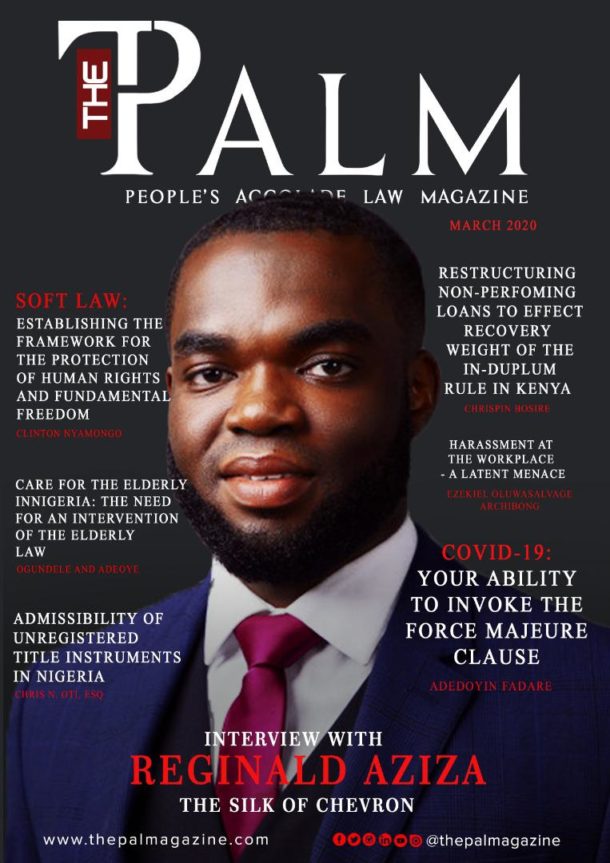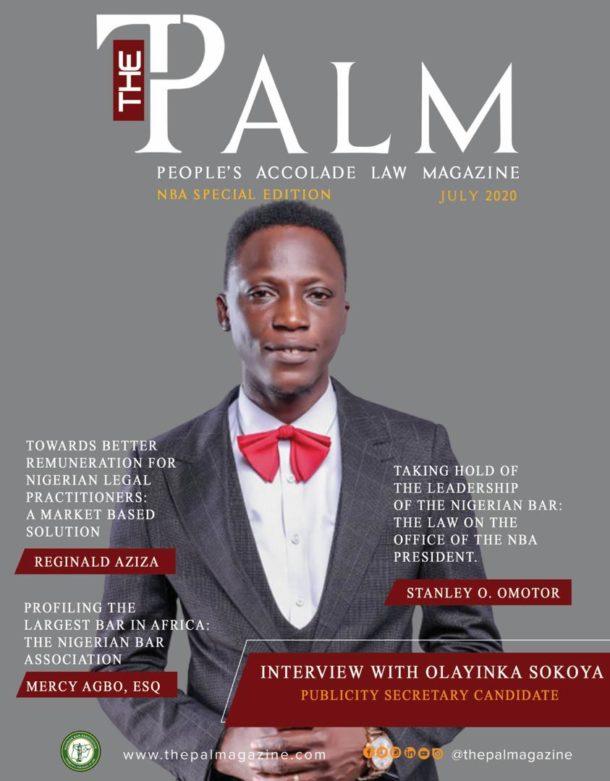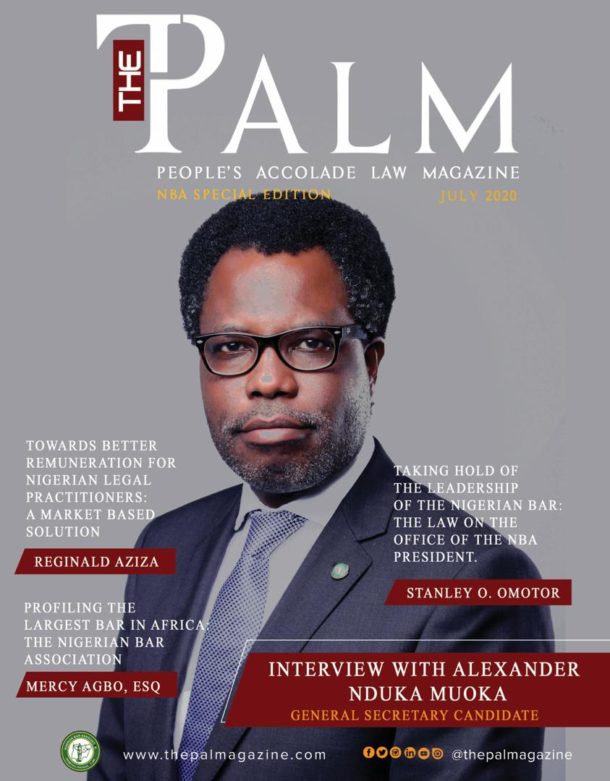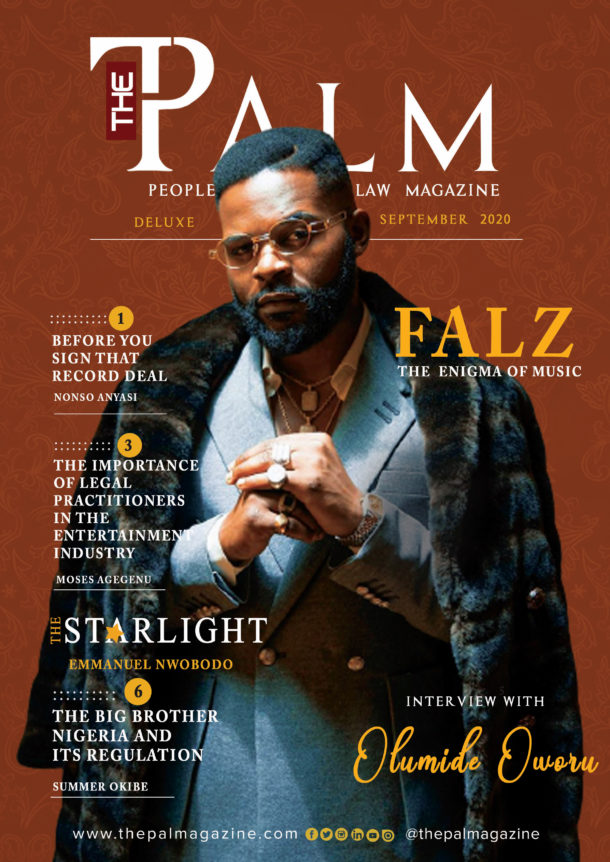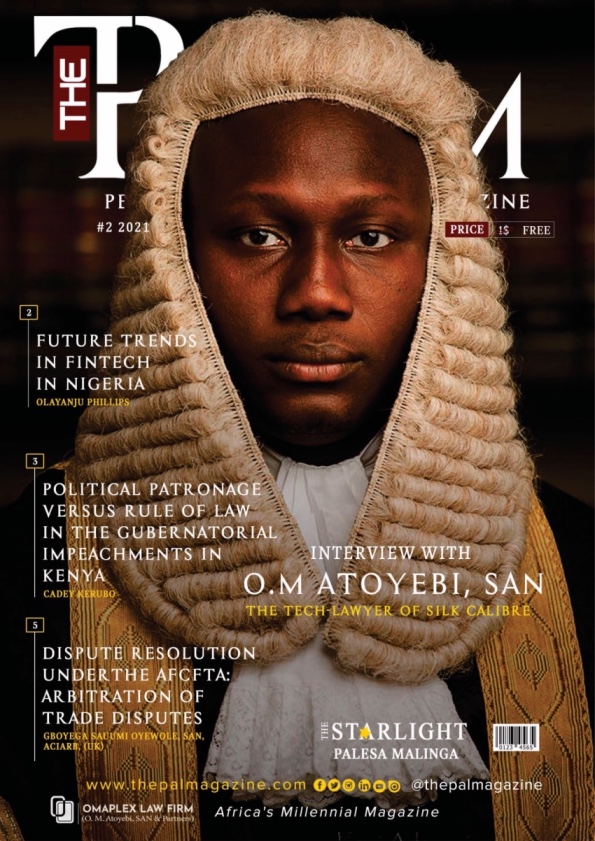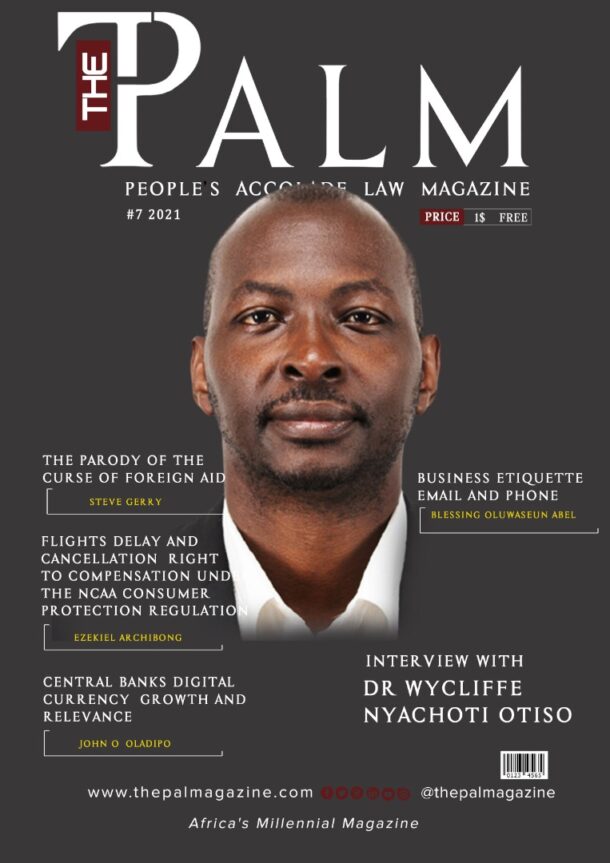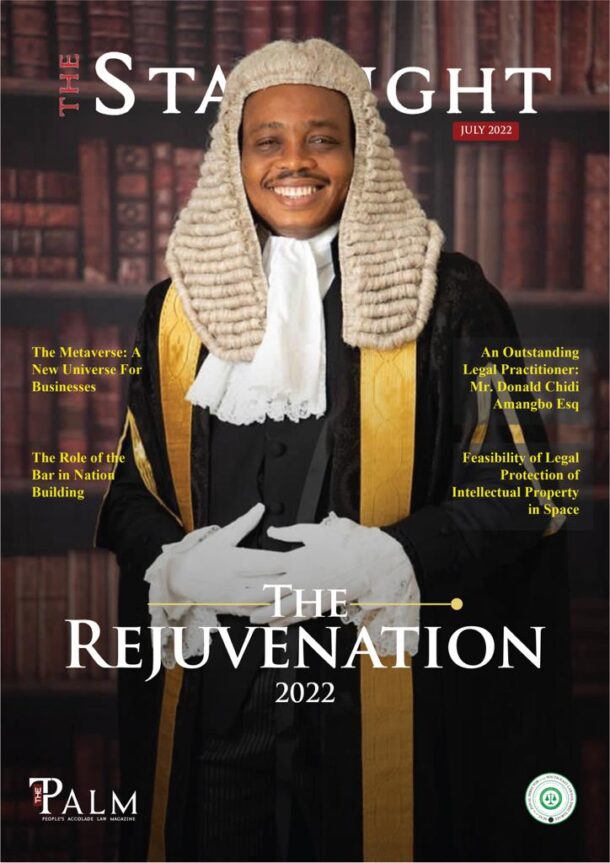The innovation introduced by WhatsApp which enables users share movies, songs or clips on the platform is exciting and worth appreciating, but it something we should be circumspect about. WhatsApp Messenger is a freeware, cross-platform messaging and Voice over IP service owned by Facebook. It allows users to send text messages and voice messages, make voice and video calls, and share images, documents, user locations, and other media. But as free as it is, it opens an avenue for liability through copyright infringement.
The new WhatsApp policy update has a section on intellectual property, copyrights and trademarks that clearly says it is “committed to helping people and organizations protect their intellectual property rights”. So what is the implication of this? The implication of this is that most of us who have the itching fingers to dispel information and content we like, by simply downloading or screen grabbing, and uploading the files to entice our viewers without placing prime importance on copyright.
It has even become common place for users of WhatsApp to have what we now know as WhatsApp TV. In the event that any content uploaded infringes another’s copyright, it is almost certain that all liability will be placed upon you to the exclusion of WhatsApp; do not expect WhatsApp to suppress all stuff that infringes copyright. That will happen only if someone reports the same and requests WhatsApp to remove any infringing content it is hosting — that would mean user profile pictures, profile names and status message.
Copyright, is a form of intellectual property law, which protects original works of authorship including literary, dramatic, musical, and artistic works, such as poetry, novels, movies, songs, computer software, and architecture. Copyright does not protect facts, ideas, systems, or methods of operation, although it may protect the way these things are expressed. Here are ways you can avoid infringing on another’s copyright:
Use Caution If It’s Not Your Original Work
If you did not create it, the work is not yours to use freely, even if there is no copyright symbol. The same applies for a photograph on the Internet. Look for the license or permissions before you use anything that isn’t yours. Anything short of this is stealing and you could be sued for a lot of money as compensation- I mean a lot. Just for taking a picture without permission? Yes, those are the rules.
Ensure You Understand What the Creator Wants
Sometimes creators of content may not want their content to be shared even though they put it on public platforms, the fact they have done so does not necessarily give you the right to share their content without caution.
Do not believe anyone who tells you that you can take a three or five second music clip without permission; it’s not true. Also, the myth that big companies do not care is just that: a myth. Software has automated the infringement reporting process, and no matter the size of the company, the business will act upon any instances of infringement.
Look for Fair Use
Although ignorance is not a defense, there are some exceptions to the copyright infringement laws. There is an exception called “fair use,” which is often associated with education. The concept is that if you are using a photo or an article for educational or non-commercial purposes, then you may be exempt from infringement.
Overall, it’s important to understand the copyright laws or rights for any original creations to avoid copyright infringement. Being diverted by fines or legal action can take up valuable time and resources. The steps to avoiding copyright infringement are quite simple: identify and protect original works, and educate family and/or employees about copyright infringement.[1]
This article is written by
Adedoyin Fadare, a legal practitioner from Nigeria who specializes in IT and
Intellectual Property Law
[1] https://www.legalzoom.com/articles/how-to-avoid-copyright-infringement










